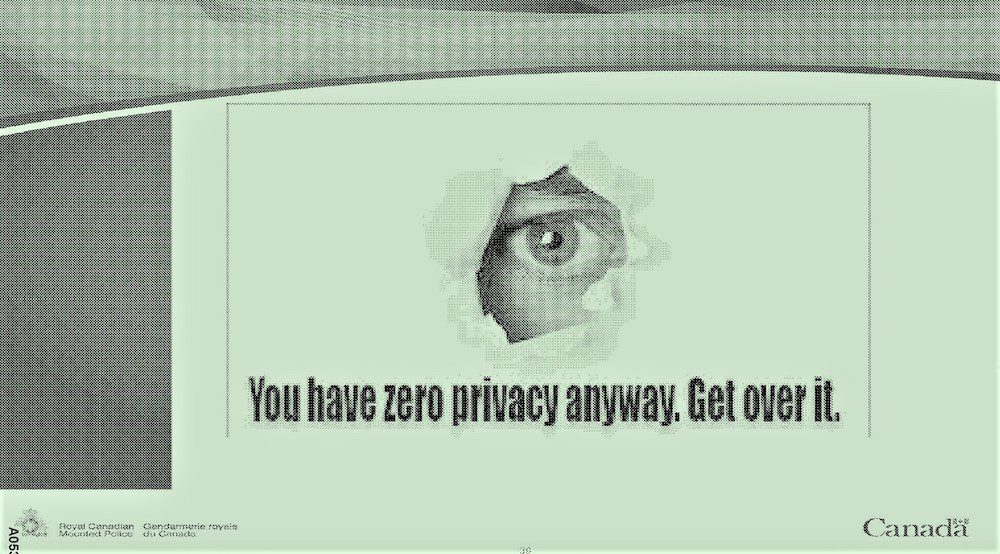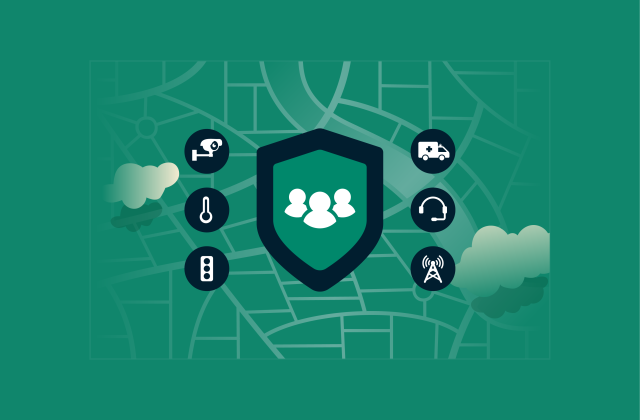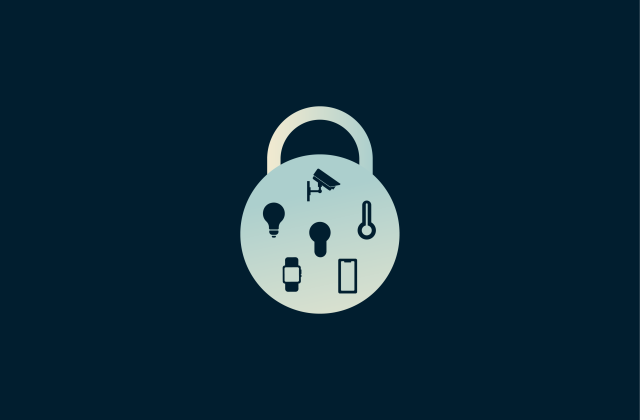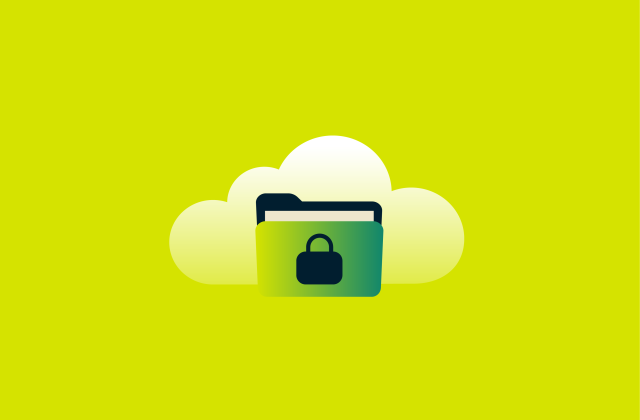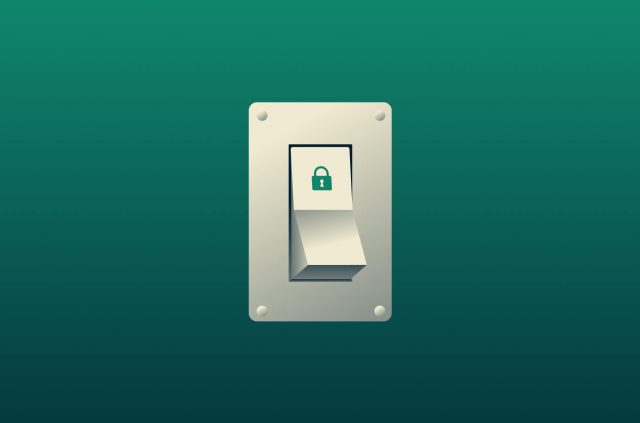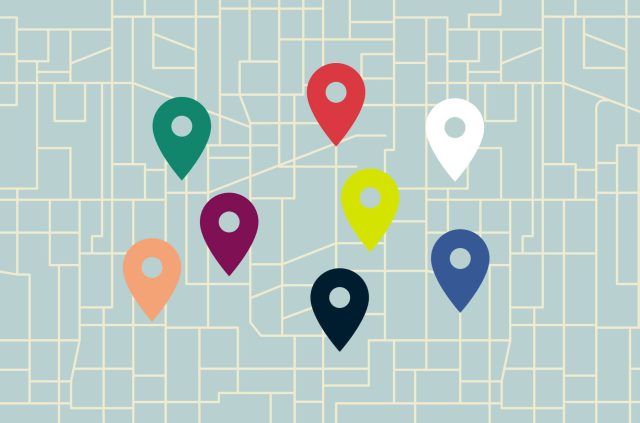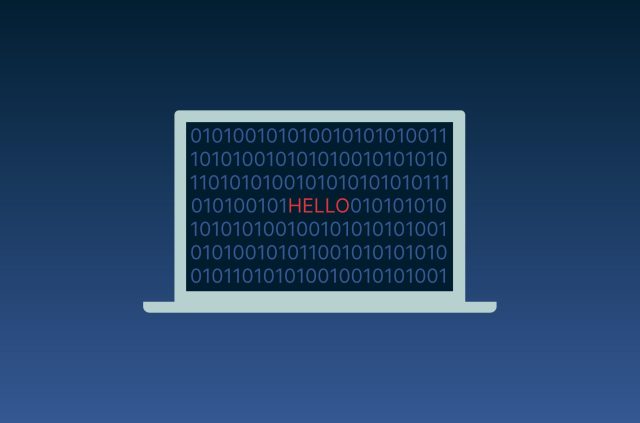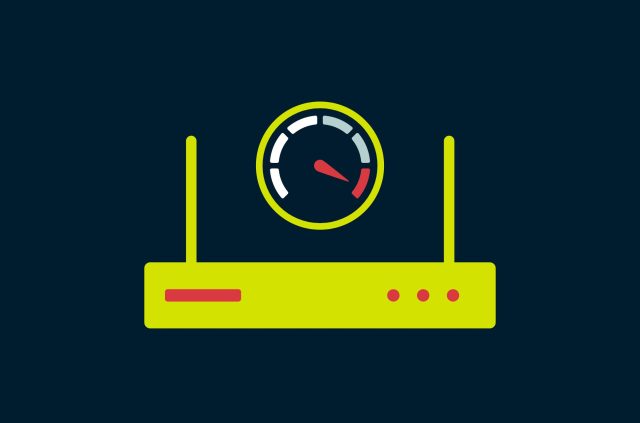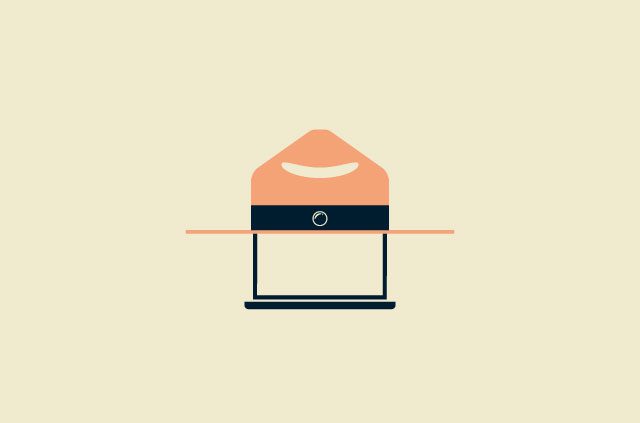
When you think of surveillance agencies that spy on your online activity, the Royal Canadian Mounted Police is probably not the first one that comes to mind.
That might change, as new documents obtained by Canadian magazine The Tyee reveal the great lengths the RCMP went to to implement its social media surveillance program, Project Wide Awake, and obfuscate it from public scrutiny.
The program, named after an initiative in the X-Men comic book series in which the government illegally hunts “mutants,” was originally reported by The Tyee in 2019. According to the documents, Project Wide Awake takes a “proactive approach” to preventing crime by deploying wide-scale monitoring of social-media accounts.
[Stay up to date with the latest privacy and security news. Sign up to the blog newsletter.]
Now, almost a year and a half after making its Access to Information request for the project, The Tyee received a 3,000-page batch of internal communications from the RCMP, with details of its web-monitoring program. Here are some of the early revelations from the documents.
The RCMP really didn’t want you to know about it
The documents reveal what we should probably already expect from surveillance agencies by now: The RCMP didn’t want its citizens to learn about its surveillance program. The existence of the program wasn’t made public in the first place, and only reached the public consciousness in 2019 as a result of a report from The Tyee.
In the first dispatch, the documents revealed that the RCMP:
- Cited “national security exceptions” to hide contracts from the public
- Discussed using proxies to hide its spying activities
- Purchased monitoring software Babel X, intended for what it calls the “Darknet,” which covers “private communications” and those from “political protests.”
- Used a tool to unmask users’ friends lists on Facebook, even when the friend’s information was set to private on the platform.
The report also illustrates a rather alarming contradiction between previous claims that they were exclusively looking at “open source” communications—which appears to mean communications on public platforms—and its current intention to scour the (incorrectly termed) “Darknet”: the encrypted parts of the internet like your email and private social media accounts.
One could argue that the attitude of the RCMP towards their treatment of data privacy can be summed up in a single slide received from the Access to Information request:
‘You have zero privacy anyway. Get over it’
The downplaying of surveillance programs is not unusual for any government that implements them. The only way in which these programs became public knowledge in the first place was through whistleblowers like Edward Snowden.
The reveal of Canada’s Project Wide Awake may not have made as many waves globally as the 2014 Snowden leaks, but it still shows that countries, especially ones in the Five Eyes, are trying to procure new tools and technologies to broaden and deepen their abilities to surveil their citizens without respect to their privacy.
Read more: 7 countries are calling for access to your private messages
Take the first step to protect yourself online. Try ExpressVPN risk-free.
Get ExpressVPN
